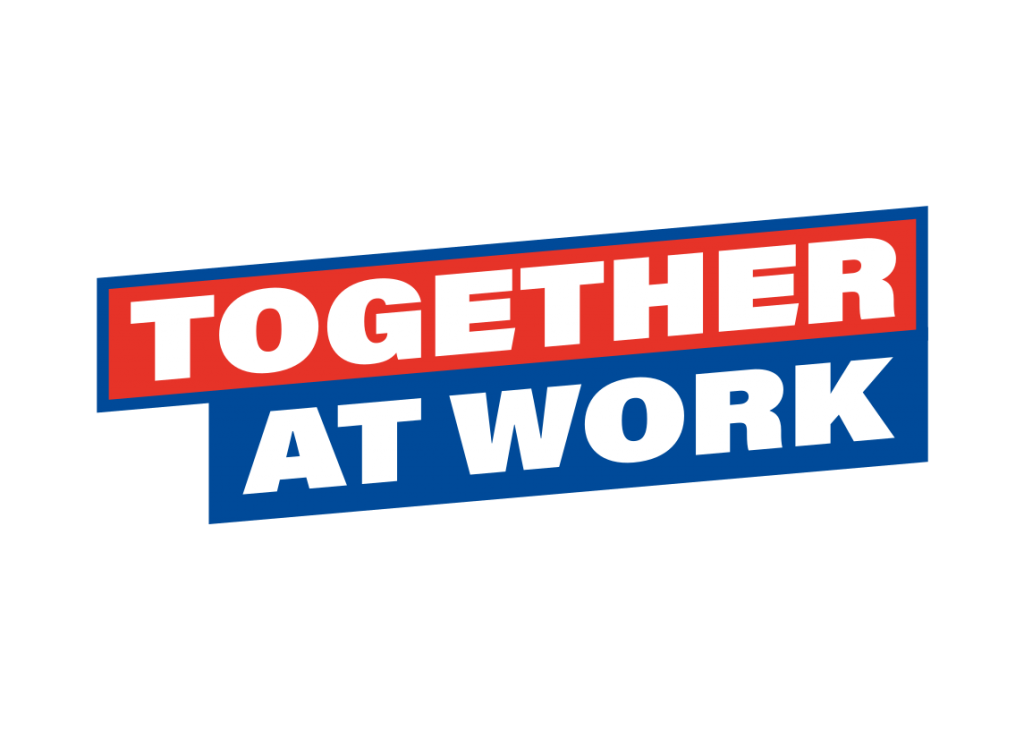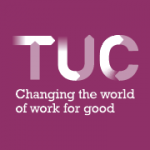United Kingdom
Prior to 1979 82% of UK workers were covered by some form of collective agreement. This included industry wide national agreements; group and company wide agreements and wages councils.
However, through the anti union legislation introduced by Margaret Thatcher and successive governments, neo-liberal policies, re-structuring of industries and rapid changes in technology saw collective bargaining pushed back by employers, along with de-recognition of unions and, the rise of agency and temporary work and zero hours which made it harder to unions to win recognition in new workplaces. Subsequently collective bargaining has shrunk in the UK.
Companies in manufacturing and energy where Unite and other unions are recognised still have high levels of membership and collective bargaining, (national, group and company wide agreements). In non union companies, where unions don’t have union recognition, pay and conditions are determined by individual contracts, personal appraisals and in some case at the whim employers. On average Unite members earn, 10% more than non union workers.
Unite’s ‘Work ,Voice, Pay’ campaign aims to improve bargaining strength at work and we are working with with the Labour Party to introduce sectoral collective bargaining across the economy to end the significant inequalities in pay and conditions which exist and to put an end precarious employment.



